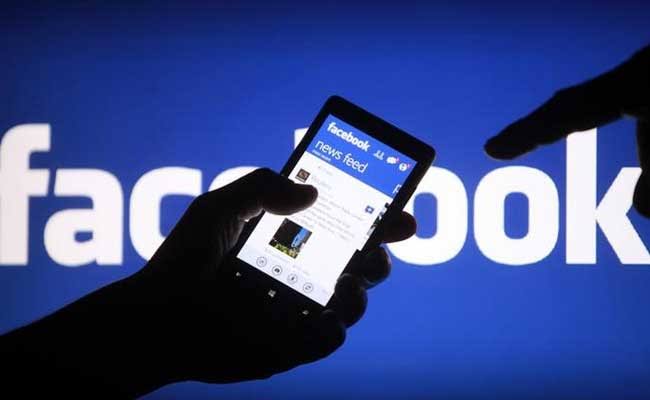American social media conglomerate, Facebook, on Wednesday said that its connectivity investment would grow Africa’s economy by 57 billion dollars in the next five years.
SEE ALSO: Japan To Build Offshore Wind Farms At 30 Sites In 10 Years- Nikkei
Facebook released the findings in its Impact Connectivity Initiatives in Sub-Saharan Africa (SSA), a study conducted by Analysys Mason.
The findings highlighted how Facebook investments in infrastructure and connectivity across the region will deliver over 57 billion dollars in economic benefits over the next five years (2020–2024).
Facebook said that according to the Economist Intelligence Unit – Inclusive Internet Index 2020, over 800 million people in Sub-Saharan Africa are unconnected to the internet.
The company said that over the years, it had invested in infrastructure and partnerships to address the barriers to connectivity such as the lack of availability in infrastructure, affordability, relevance and readiness to get online.
It said that it was focusing on providing financial and technical inputs that could make infrastructure easier and cheaper to deploy within the continent.
Facebook said that its infrastructure investments and connectivity initiatives included providing submarine cables which would enable an increase in supply of international bandwidth.
The initiatives, it said, would also ensure reduction in costs for Internet Service Providers (ISPs) and lower prices for end users.
“This includes the 2Africa cable, one of the largest Subsea cable projects in the world, which will circle the African continent, landing in 16 African countries.
” It will triple the capacity currently provided by all the subsea cables serving Africa today further supporting growth of 4G, 5G and broadband access for hundreds of millions of people.
“It also includes Edge networks which enables ISPs (Internet Services Providers) and MNOs (Mobile Network Operators) to access content on Facebook’s platform closer to their own networks
“This increases service quality and reduces costs while cutting international connectivity and transit costs for operators and improving user experience, “Facebook said in the study.
According to the company, 70 per cent of its traffic in SSA was now served from within the region.
It said that investments in edge network and international capacity together would enable Internet traffic to increase by nine per cent by 2024.
Facebook added that it would generate an increase of GDP of 53 billion dollars over a five-year period.
According to the social media conglomerate, it will also be supporting Mobile Operators through facilitation initiatives such as Express Wi-Fi.
The company said it had deployed Express Wi-Fi solutions across SSA enabling local ISPs and operators to establish low-cost access networks.
It said that the solutions, currently available in Ghana, Kenya, Malawi, Nigeria, Senegal, South Africa and Tanzania, are helping to bring more people online, stimulate data usage and Internet traffic overall.
The company said that some of the economic benefits included the enhancement of operators’ ability to extend the coverage of broad networks, thus enabling more people to go online.
It said that these increases in take-up and internet traffic meant that people were more able to interact with each other, trade online and perform online transactions.
Facebook said that all these activities create benefits for individuals and wider economic and social benefits through improved health and welfare outcomes, skills and education, job creation and productivity.
Commenting, Facebook’s Africa Public Policy Director, Kojo Boakye, said: “At Facebook we are committed to Africa and the role that we can play in improving the continent’s global competitiveness.
“Over the last three years we have heavily invested in infrastructure and connectivity initiatives that aim to affordably connect people on this continent and create tangible socio-economic benefits.
” These efforts are part of a complex solution that requires all stakeholders, including mobile operators, infrastructure providers and governments to work together for the common good, “Boakye said.



Leave a Reply